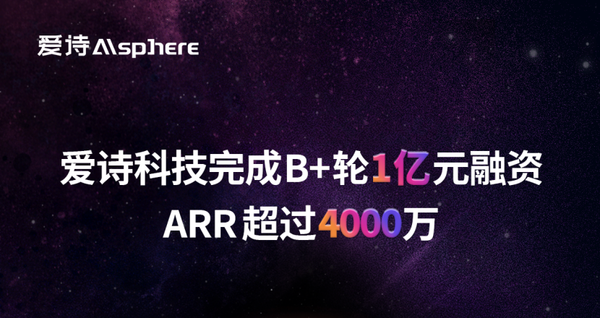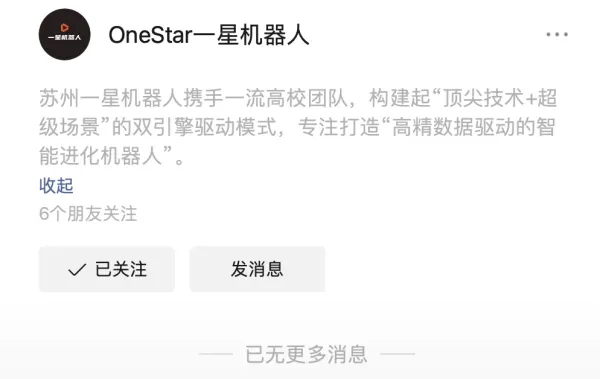ChatGPT’s Adult Mode Is Coming, But As an Adult I’m Not Excited at All
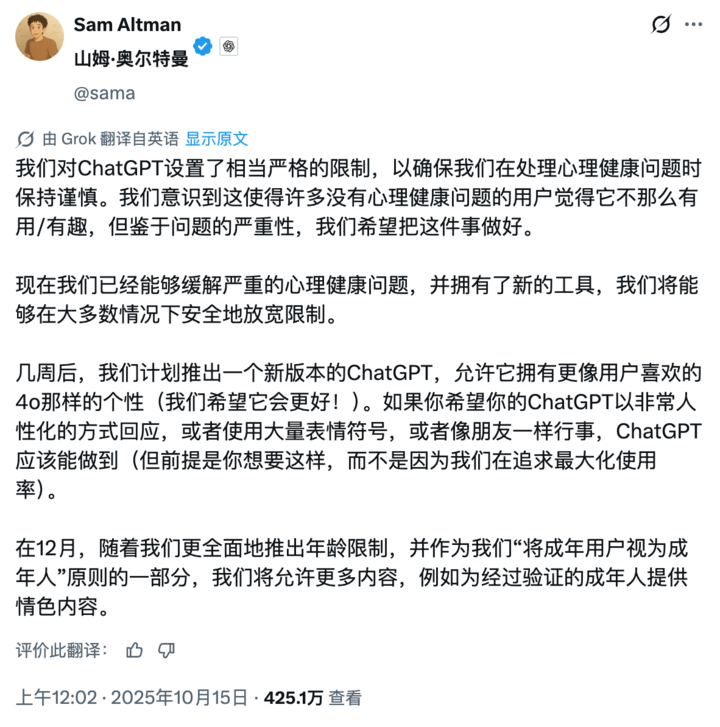
OpenAI to Launch Adult Mode in ChatGPT This December
Early this morning, OpenAI CEO Sam Altman announced that ChatGPT will debut an “Adult Mode” in December.
---
Why Now?
Altman explained that the initial heavy restrictions on ChatGPT were due to concerns over mental health risks and potential negative incidents.
- These restrictions led many users to find the experience less engaging.
- OpenAI now claims to have developed advanced safety tools that mitigate major psychological health risks.
- Starting in December, verified adult users will be able to unlock content, including erotic material.
Yes—exactly what you think it means.

---
Treating Adults Like Adults?
OpenAI says it’s time to treat adults like adults.
Personally, I’m not entirely excited about the move.
Altman also revealed that a warmer, more human-like version of ChatGPT is coming soon:
- Gentle, empathetic responses
- Option for emoji-rich replies
- Friend-like conversation styles, similar to GPT‑4o’s tone
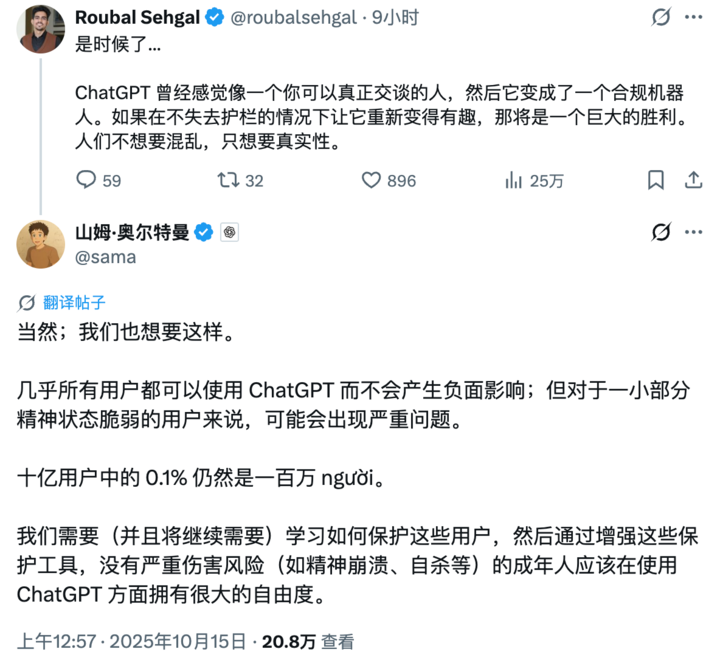
---
A Long-Hinted Feature
Late last year, Altman publicly responded to a user suggesting fewer content filters:
> "There definitely needs to be some sort of adult mode."
This idea ranked near the top in community polls—alongside AGI, Agents, and an upgraded GPT‑4—and was even placed in the 2025 product roadmap.
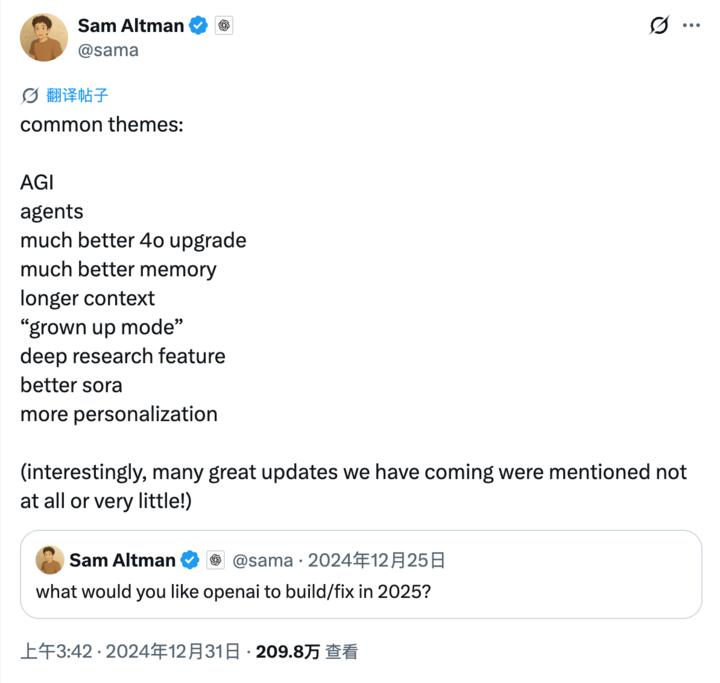
---
Safety & Age Verification
From OpenAI’s official blog:
- Age verification tools can automatically detect underage users.
- Underage mode blocks explicit sexual content by default.
- Adult features unlock only with proof of age.
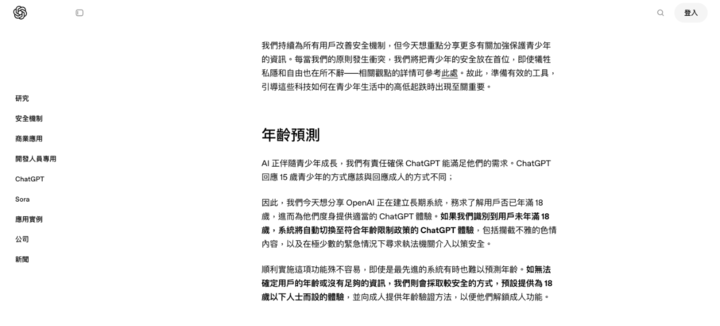
Potential Loopholes
- Minors could use a parent’s ID or have an adult register for them—already common in online products.
- Questions remain about the accuracy of mental health detection tools.
Given tragedies linked to ChatGPT in recent years, whether these “safety valves” truly protect users is still uncertain.
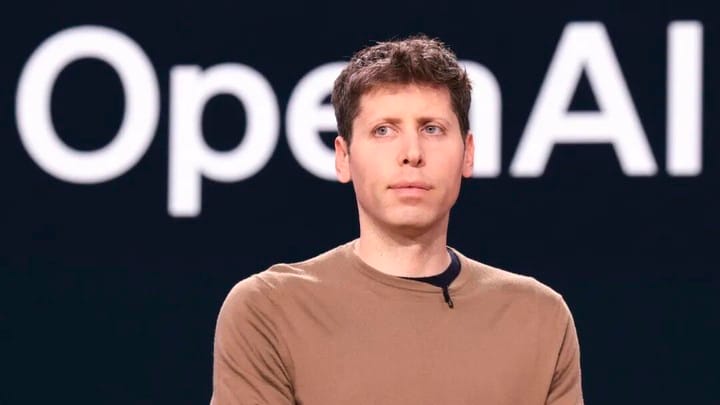
---
Comparisons: Grok’s Looser Boundaries
OpenAI isn’t first to embrace adult-oriented AI. Elon Musk’s chatbot Grok is considerably more uninhibited.
In July, Grok introduced 3D virtual companion characters for “SuperGrok” subscribers ($30/month):
- Ani — blonde, twin-tailed anime girl
- Bad Rudy — cartoon red panda

Ani offers:
- Text, voice, and camera interactions
- Animated facial expressions & gestures
- Dance commands
- Affection system that unlocks NSFW features when certain “affection” levels are reached
Ani quickly went viral via user-generated social content.
---
Risks of Lower Verification Standards
Whether Grok or ChatGPT, loopholes in age verification could allow minors access to inappropriate content.
If “adult rights” come at the cost of minors’ mental health, stricter safeguards may still be better.
---
For Creators: Opportunity & Responsibility
As AI services open more modes and personalization features, creators have the chance to leverage them for positive impact.
Open‑source tools like AiToEarn show how:
- Responsible AI content generation
- Cross‑platform publishing (e.g., Douyin, Kwai, WeChat, Bilibili, Instagram, LinkedIn, YouTube, Pinterest, X)
- Analytics & AI model ranking
- Built-in compliance guardrails
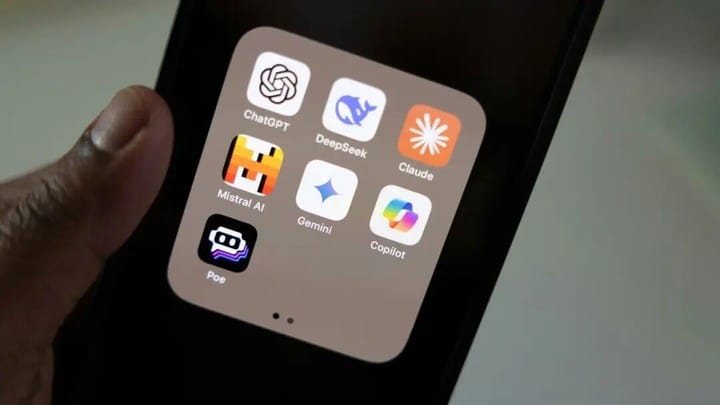
---
The Business Logic Behind “Adult Mode”
- AI products lack strong user stickiness—most users switch to whichever works best.
- Professional user bases are less willing to pay.
- Companies therefore target human desires for engagement.
Adult-oriented features:
- Satisfy previously unmet demand
- Boost curiosity and paid conversions
- Tap into historically proven traffic magnets like sensational content
---
Emotional Companionship: The Bigger Play
Young people, especially anime fans or socially anxious users, are highly receptive to digital companions.
They’re already using AI for emotional support—not just for search and Q&A.

Market Potential
ARK Invest estimates:
- Current market: $30M/year
- Future projection: $70B–$150B/year
- Annual growth rate: 200%+
---
The Psychological Risks
Humans form attachments to anything displaying empathy—even software.
This creates risks of emotional manipulation by AI companions.
---
Regulatory Responses
- EU AI Act: high‑risk AI must prevent child harm
- China’s Interim Measures: compliance with Law on the Protection of Minors
OpenAI’s “Teen Mode” Includes:
- Parental account linking (for ages 13+)
- Curfew setting
- Alerts to parents if severe distress is detected
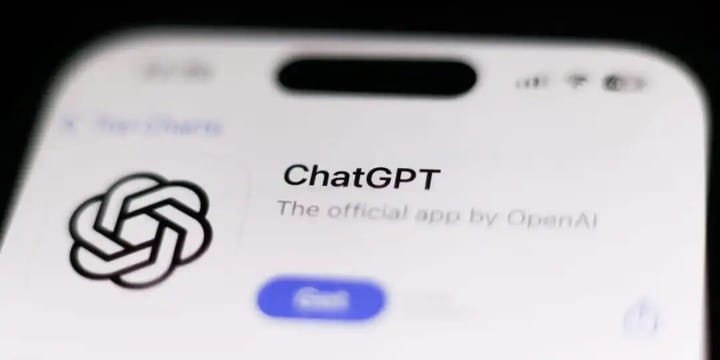
---
The Future: AI Companions Everywhere
Within a decade, AI companions could be as common as pets.
But pressing questions remain:
- Will people raised on “perfect relationships” with AI struggle with real human conflict?
- Can constant affirmation erode resilience in dealing with rejection or disagreement?
> Act like a friend — possibly the most tempting, and most dangerous lie.
---
The Best and Worst of Times
We could be entering an era where no one feels truly alone—
and yet, paradoxically, everyone is alone.
The December launch of ChatGPT's Adult Mode may only be the beginning.
---
Final Thought for Creators
As AI companionship evolves, sustainable, ethical models for content are crucial.
Platforms like AiToEarn can help:
- Generate & distribute interactive AI content across platforms
- Monetize responsibly
- Use analytics, rankings, and compliance features for safety + reach
The opportunity is enormous—but so is the responsibility.

